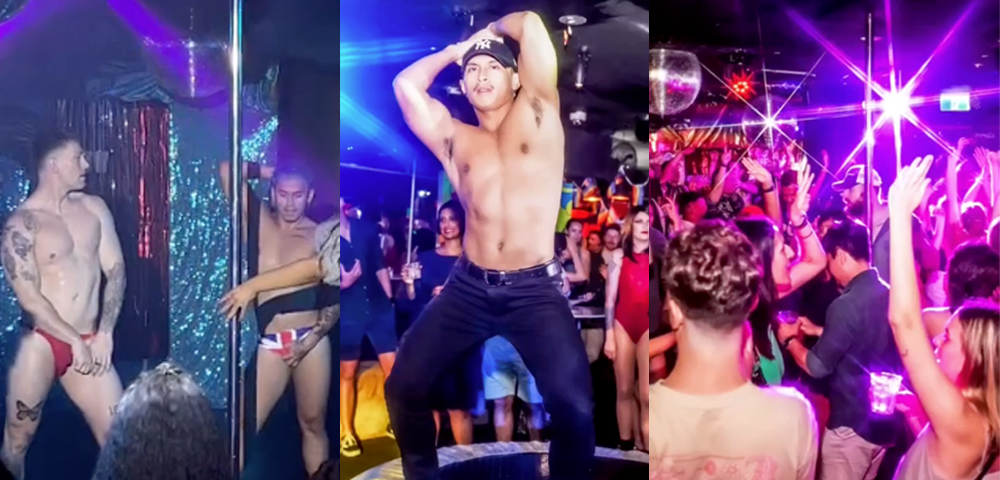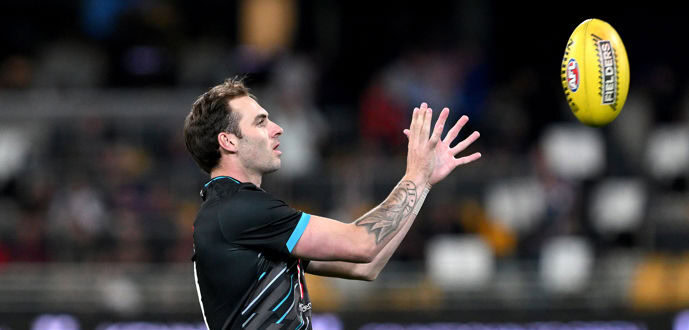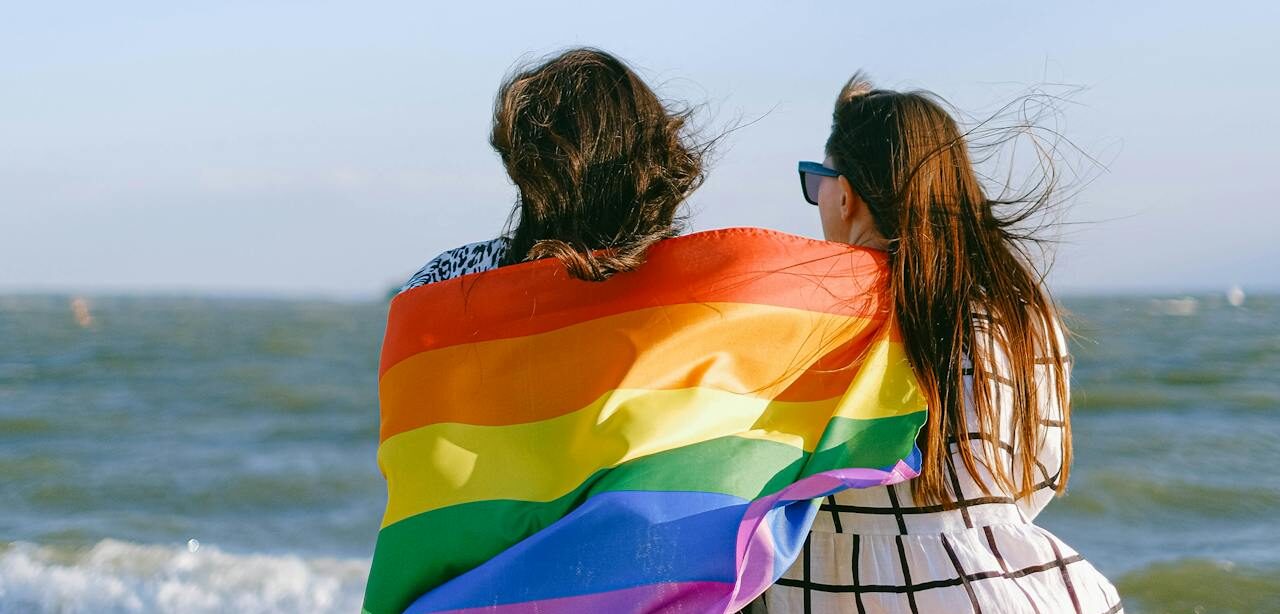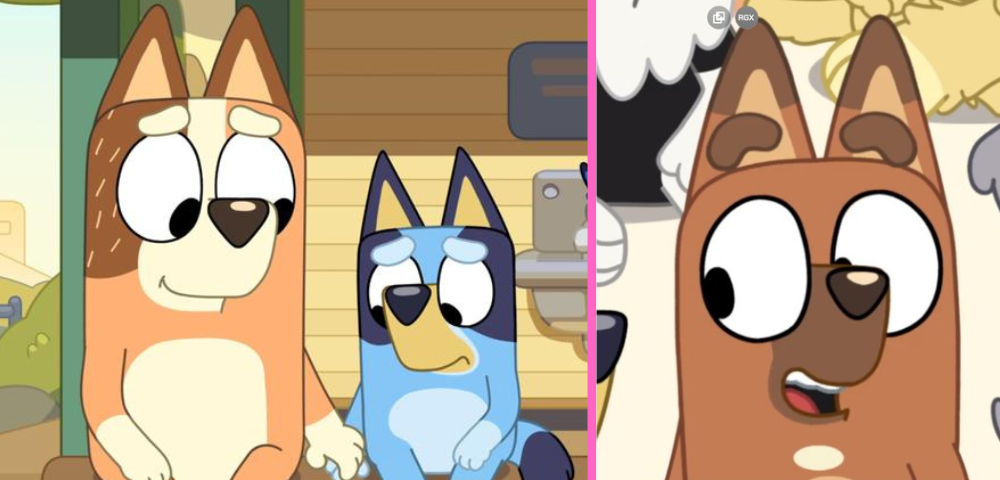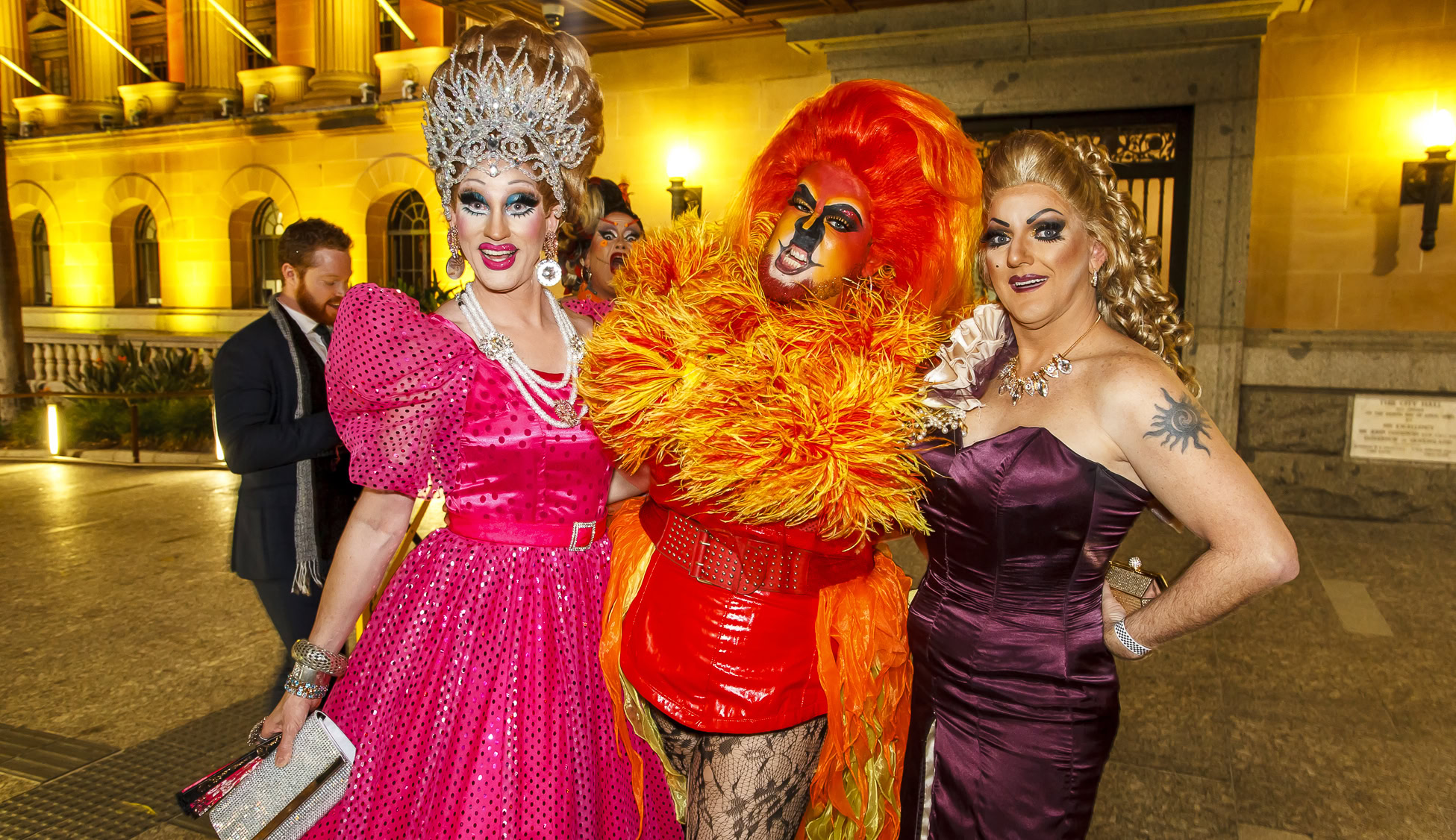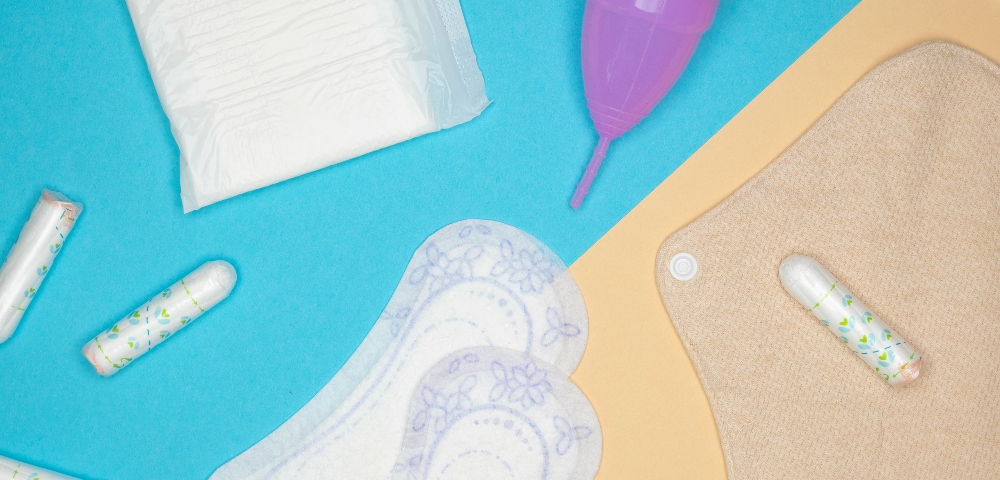
Closet Case: Sally Shipard
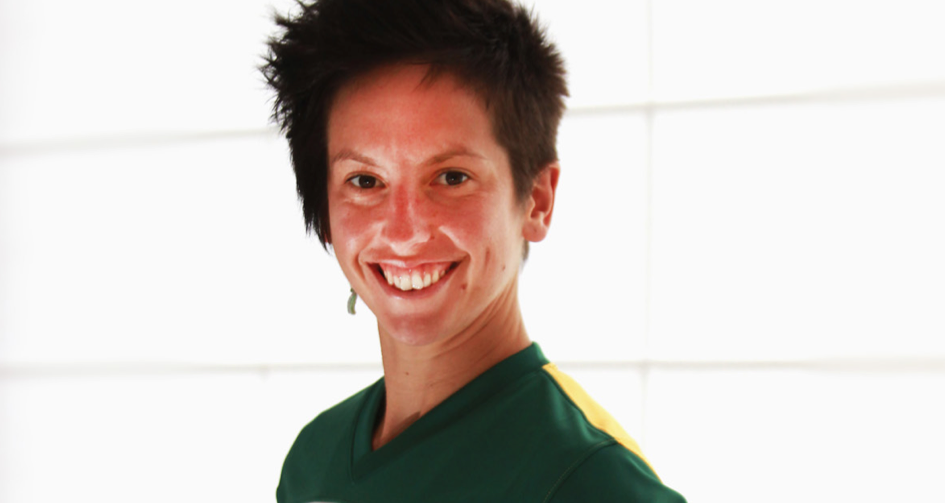
SALLY Shipard began showing promising soccer skills from a young age when she lived in Wagga Wagga in regional NSW.
At the age of 15 she moved to Sydney to train at the NSW Institute of Sport (NSWIS) and it was not long after that she realised she might be more attracted to girls than she was to boys. But nothing was going to distract Shipard from her sporting career and one day playing for her country — which of course she did when she made more than 60 appearances for the Matildas and played in both the 2007 and 2011 World Cups.
“I didn’t deny myself of truly exploring my sexuality,” she said.
“But I was very much concentrating on my foot- ball and sports and that took up a lot of my time.
“My initial introduction to what I consider the lesbian world was that sort of group, a handful of girls who were 19 or 20 and had lived through their teen years and their sexuality. For them being gay was pretty obvious.”
Typical of many teenagers, Shipard rebelled against her feelings, not because she was afraid of homophobia but because she didn’t want to appear to be influenced by her older teammates.
“I didn’t want to be kissing girls in order to fit in, I still wanted to be my own person,” she explained.
“I really suppressed it then, I didn’t entertain the thought of being with a girl until I stepped away from football at 21 because I didn’t want it to be an environmental thing.
“In hindsight I realised it was because I really wanted to figure it out for myself and I knew the environment you’re in can be a big influencer. This probably was never real, this was probably all made up in my head at the time.”
At 21 she took a year off from soccer to recover from some mental health issues. It was then that Shipard eventually came to terms with her sexuality, which she described like “floodgates opening”.
“It was incredibly empowering, in the way of loosening up a bit and exploring this part of myself that I might not have had time for,” she recalled.
“I’m all about encouraging kids to pursue their dreams and goals and ambitions, but we’ve got to strike a balance here and I maybe missed that in my later teenage years.”
Coming from a country town, Shipard said as she was growing up it was presumed she was straight following discussions with her family and she was scared how her parents would react to her coming out — despite feeling supported in the soccer world.
When she came out to her dad they were sitting in the car but the two remember the story very differently.
Shipard blurted out that she was “kissing girls” and her dad suggested it was an environmental influence that may have caused her to have those feelings.
However, Shipard’s dad does not remember saying that and was horrified to have not come across as more supportive.
“He looked me in the eye — and I get a bit emotional thinking about it — and said ‘I don’t actually remember saying that to you’,” she said.
“It just broke my heart because right now he’s like ‘just be authentically you, we love you no matter what’.
“They’ve come around. Truly my parents feel from the depth of their souls that they want me to be me and I haven’t really had a chance to reflect on their journey.”
Injury forced Shipard to retire two years ago at the relatively young age of 26 and while she said it has been hard adjusting to a post-soccer life, she has felt more empowered in the past six months to advocate for LGBTI issues.
Her increasing community work has resulted in her family becoming more knowledgeable about the rainbow community, with her father expressing an interest in marching in this year’s Sydney Gay and Lesbian Mardi Gras Parade.
“I never really felt like my sexuality was news- worthy,” Shipard said,
“There’s power in the message, there’s a whole bunch of kids out there and even adults could benefit from hearing stories to be able to relate and recognise there’s people out there like you.
“That space now that I occupy now and utilising sport as the vessel, I’m like ‘yeah, why not’.”
Shipard lives in Sydney with her partner of six months, Annika and continues to work closely on coaching and development with Football Federation Australia (FFA). She also created the Chasing Leather project which hopes to empower and guide female athletes and to also help them with mental health issues.
__________________________________
**This article was first published in the April edition of the Star Observer, which is available now. Click here to find out where you can grab a copy in Melbourne, Sydney, Brisbane, Adelaide, Canberra and select regional/coastal areas.
Read the April edition of the Star Observer in digital format:
__________________________________




